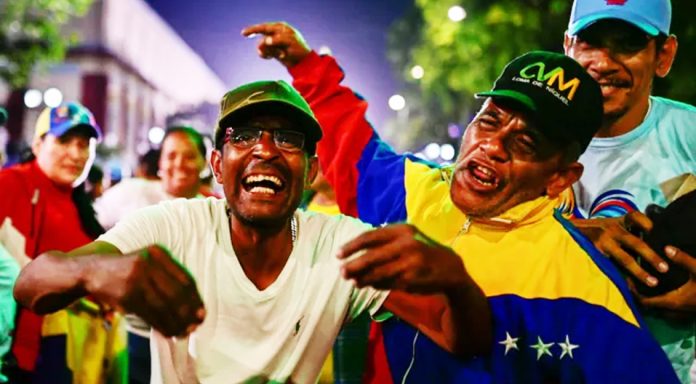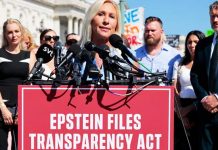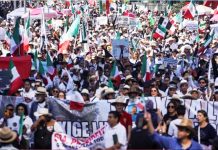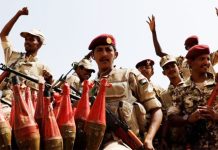As the electoral authorities, which Nicolas Maduro controls, announced he’d won a third term in office, an instant crackle of fireworks rippled around the Venezuelan Caracas.
The city sound tracked in a carefully curated way, like many things in this election.
The opposition claimed instantly that they, not the president, had won.
But you wouldn’t know this from watching the news here.
Television screens up and down the country only showed jubilant crowds, draped in the Venezuelan flag, dancing and cheering on the president.
Nicolas Maduro does have some loyal supporters still, known as “Chavistas” after his mentor Hugo Chavez and the brand of socialism he created.
But their numbers are highly disputed, and this election result is far from over.
As the city hums back into life this morning, the government faces pressure from both the international community and the opposition here to explain their numbers – after the opposition were so far ahead in the polls beforehand.
There are some things that are indisputable. Some which I, as an observer on the ground, was witness to.
There were the huge queues at polling stations, but only tiny amounts of people being let in at one time. This led to accusations of deliberate delays, perhaps in the hope some people would give up and go home.
When our BBC team arrived at one polling station, the organiser of the station took a call saying the international media were there. 150 people were then suddenly allowed to be admitted.
There were some poll stations that didn’t open at all, leading to protests and clashes with the authorities.
There were allegations that some of those who work for the state, including police students, were told how to vote.
There was the fact President Maduro’s face remained emblazoned above some poll stations even on voting day.
Credit: bbc.com









